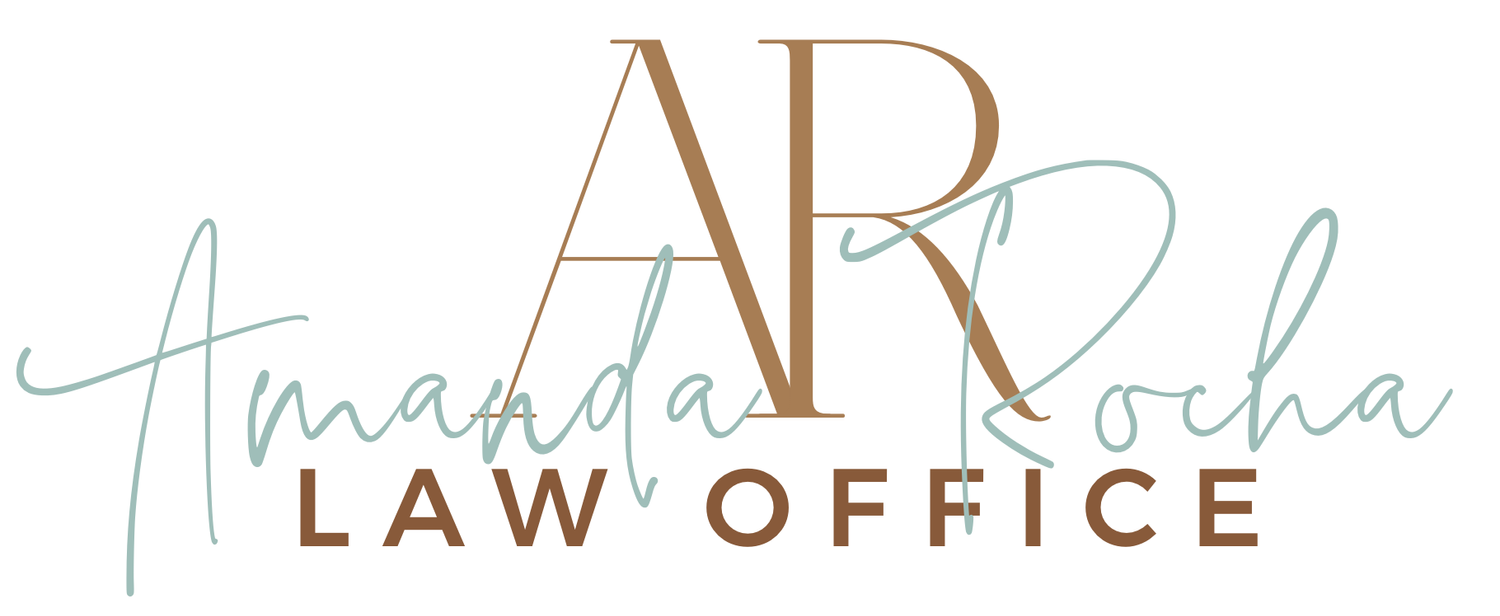Estate Planning for Those Who are Retired or Approaching Retirement
Expect the best. Prepare for the worst. Capitalize on what comes. Zig Ziglar
Whether you are retired or thinking about retirement, now is the time to set up your estate plan. Maybe you have a family that you would like to provide for, or you want to be sure that the government doesn’t get all of your property, or you are planning for incapacity. Regardless of your motivation, an estate plan is the best way to enjoy your future knowing that everything is taken care of.
Estate planning is not simply death planning; it is life planning!
Why Do you Need an Estate Plan?
An estate plan is so much more than planning for death. It puts your wishes for your life in a legal document that is executed from the day that it is complete until you pass away and then beyond. The plan will distribute your retirement funds to you as well as any other income generated through your property or insurance. If you become incapacitated, your estate plan gives instructions to your doctors and healthcare providers about your wishes, it designates who may speak to the doctors on your behalf, and who may make medical decisions for you. It also provides for your dependents and pets, and continues to fulfill your financial responsibilities while you are unable to do so. After death it becomes the tool used to disperse your property the way you wished.
An estate plan will save your hard earned money. If you do not have a properly executed estate plan, or only have a will, your heirs will have to go through the probate process. The Judge will assign an executor to collect information about your estate, and that executor is paid statutory fees. If the executor is someone in your family, they will need to hire a professional to help them navigate the probate process, and the probate attorney is also paid per statutory fees.
If your estate is worth $850,000.00 (see below for what is included in this value, hint your life insurance is counted), the probate fees for an executor and attorney are $40,000.00. An estate plan is a mere fraction of that. After fees and debts are paid, your heirs may walk away with nothing or significantly less than you hoped they would get, especially if your property has to be sold to pay the fees.
To read about probate and see more examples of probate fees, click here.
Probate is PUBLIC, which means if you do not have a properly executed estate plan, every detail of your estate’s probate becomes a public record. This invites people to contest the probate proceedings and gives people an insight into the inheritance your family received.
Common Estate Planning Tools
Your Estate Plan should include a will, but what else? If your estate is worth more than $166,250.00, this includes real estate, personal property, bank accounts, retirement accounts, and life insurance, then you will need a trust or multiple trusts in order to avoid probate. To read more about trusts, click here.
Generally, you will want a will, trust(s), financial power of attorney, healthcare power of attorney, HIPAA release, and if you have minor dependents, a declaration of guardian. There are other documents available too, depending on your needs.
To read about why a will isn’t enough, click here.
What Should Be Owned By The Trust?
Your trust should hold title to your real estate, any valuable items such as classic cars/art/collectibles etc., certain bank accounts (not necessarily all), and it should be named as the beneficiary for your retirement and life insurance policies.
You will be named the trustee of your trust during your lifetime, as long as you have the capacity to act in that manner, and then your successor will take over to continue distributing funds and property per the terms of the trust when it is time.
Other Considerations For Your Estate Plan
You may want to consider planning for long term care, pet care, and managing healthcare as part of your estate plan. In that way, even if you lose the ability to handle these things, your trustee will be able to carry out your wishes. In addition, you can pre-plan your funeral, set aside trusts for children and grandchildren, plan your charitable gifts, and plan when to give any gifts during your lifetime. Click here to read about Gift Taxes and why you should be very careful about gifting your possessions during your lifetime.
Steps to Take Now
There are things you can do now that will make creating your estate plan more streamlined and complete:
Gather your documents: You will need a copy of the deed for each parcel of real estate that you have ownership in; your mortgage agreement(s); information about your retirement accounts; bank account information; life insurance information; and any other paperwork that signifies ownership in something whether sole or joint ownership.
Consider what you want as far as life saving procedures and other medical requirements in the event of your incapacity. Write down your thoughts so that you can focus on the next steps without holding it all in your memory.
Consider who you will leave property to and how much you are going to leave to them. It is helpful to write that down as well, in addition to any concerns you have about it.
If you have minor dependents or pets, pick two temporary guardians and a permanent guardian (as well as a backup). The perfect situation does not exist, however your choices will likely be better than a Judge’s choice.
Make a list of any money or property that is owed to you and of any debts you have.
Call to schedule a FREE 30 minute consultation to discuss your estate planning needs!

